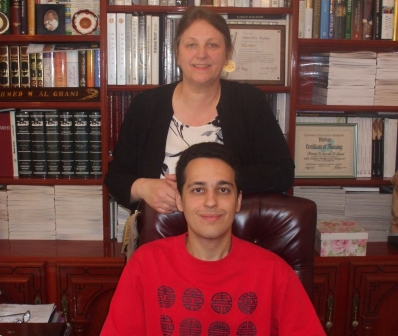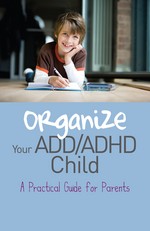Interview: JKP author Georgina Derbyshire Stands Up for Autism
“Some things that our children say or do can be especially poignant in certain situations and, quite often, they can say things that are so truthful, we just wouldn’t dare say them ourselves! There shouldn’t be anything sad or embarrassing about situations like these. We should see the humour in it and not feel guilty to laugh out loud. I think it is important to embrace moments like these as we have enough of a hard time and laughing can help redress the balance. Laughter is very good for stress too, so there’s no excuse!”









